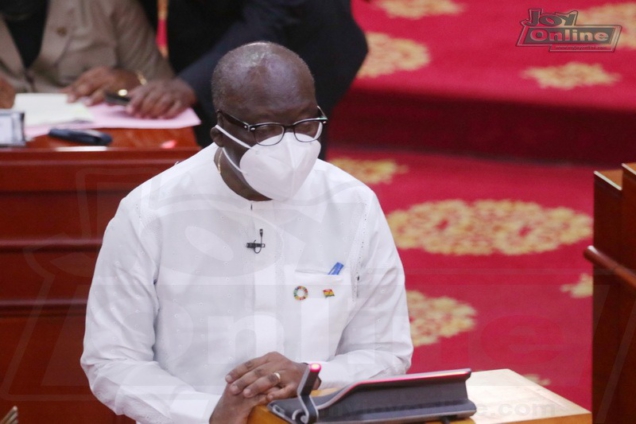
Ghana today announced a new 1.75 per cent tax called E-levy on mobile money and all electronic transactions in the country as a measure to “rope in the informal sector into the tax net.”
The country’s Minister of Finance, Ken Ofori-Atta who announced this during the presentation of the 2022 budget in Parliament, explained that the decision is part of a number of measures to widen the tax net to ensure all Ghanaians paid their fair share of taxes.
He added: “This new policy comes into effect (once appropriation is passed) from 1st January, 2022. Government will work with all industry partners to ensure that their systems and payment platforms are configured to implement the policy.”
Ken Ofori-Atta noted that the outbreak of the Covid-19 pandemic contributed to the acceleration of digitalization and its usage in Ghana, and that led to over 120 per cent increase in the value of digital transactions in the country as of February 2021, per records from the Central Bank.
“Total value of transactions for 2020 was estimated to be over GHS500 billion
compared to GH¢78 billion in 2016 just 5 years ago, while total mobile money
subscribers and active mobile money users have grown by an average rate of 18% and
16% respectively between 2016 and 2019,” he said.
According to him, it is becoming clear there exists enormous potential to increase tax revenues by bringing into the tax bracket, transactions that could be best defined as being undertaken in the “informal economy”.
To that end, he said “After considerable deliberations, Government has decided to place a levy on all electronic transactions to widen the tax net and rope in the informal sector. This shall be known as the “Electronic Transaction Levy or E-Levy.
2022 Budget document: DRAFT 2022 Budget Speech_Final 4.pdf
“Electronic transactions covering mobile money payments, bank transfers, merchant payments and inward remittances will be charged at an applicable rate of 1.75%, which shall be borne by the sender except inward remittances, which will be borne by the recipient,” he said.
Mr Ofori-Atta said that to safeguard efforts being made to enhance financial inclusion and protect the vulnerable, all transactions that add up to GH¢100 or less per day (which is approximately GH¢3000 per month per person) will be exempt from the E-Levy.
A portion of the proceeds from the E-Levy will be used to support entrepreneurship, youth employment, cyber security, digital and road infrastructure among others, according to him.
African Eye Report


